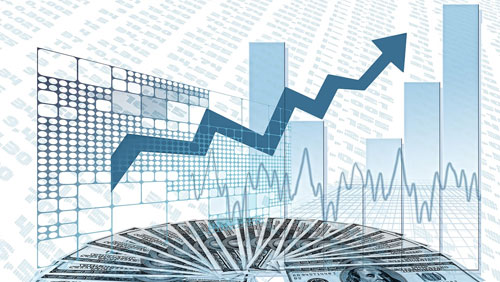Imagine a boxer that takes an uppercut and gets knocked down. He gets back up, looking dazed but OK, but now he has an internal bleed that will soon bring down him to the canvas permanently. He doesn’t feel it yet so he’ll keep fighting for a while longer, but he’s already done. Sooner or later he’s just going to collapse and that’ll be it. That’s International Game Technology. The company just had its earnings call this week. It wasn’t great. For IGT, 2008 was the uppercut. The stock topped at $48 just prior to the financial crisis getting into full gear and bottomed at $7. With this crisis, $7 is looking more like resistance.
The sad part is that 2007, 2008, and 2009 were all profitable years (page 29) for IGT! What that tells me is that the stock was way overvalued prior to the last financial crisis and collapsed to a more grounded valuation. What that also tells me now, as IGT hasn’t been profitable since 2016, is that its intrinsic value is probably closer to that of a penny stock.
The end of an iconic company is certainly a sensitive issue, so I would like to clarify before elaborating. I am not saying that the gaming machine manufacturing industry is over, or even that the IGT name won’t live on. It will. It’s a respected brand name that carries weight. Bankruptcy almost never means that a good or service ceases to exist. All it means is that the financiers of a company that provides that good or service, lose their investment. That really shouldn’t bother anybody but the investors, and all told it really is not that big of a deal. What is a big deal is constantly bailing out these companies with everyone else’s money, which makes every taxpayer an investor by force. As my mother said to me when I was a kid (and even sometimes now), this is unacceptable behavior.
The capital that produces all of the machines still exists and will still exist. Nobody is going to burn it down. Bankruptcy doesn’t magically make physical infrastructure disappear. All it does is deflate the value of that capital for someone else to buy and use at a new market price, free of old debt burdens. Bondholders lose out, equity holders lose out, but the infrastructure remains and keeps producing what it did before.
